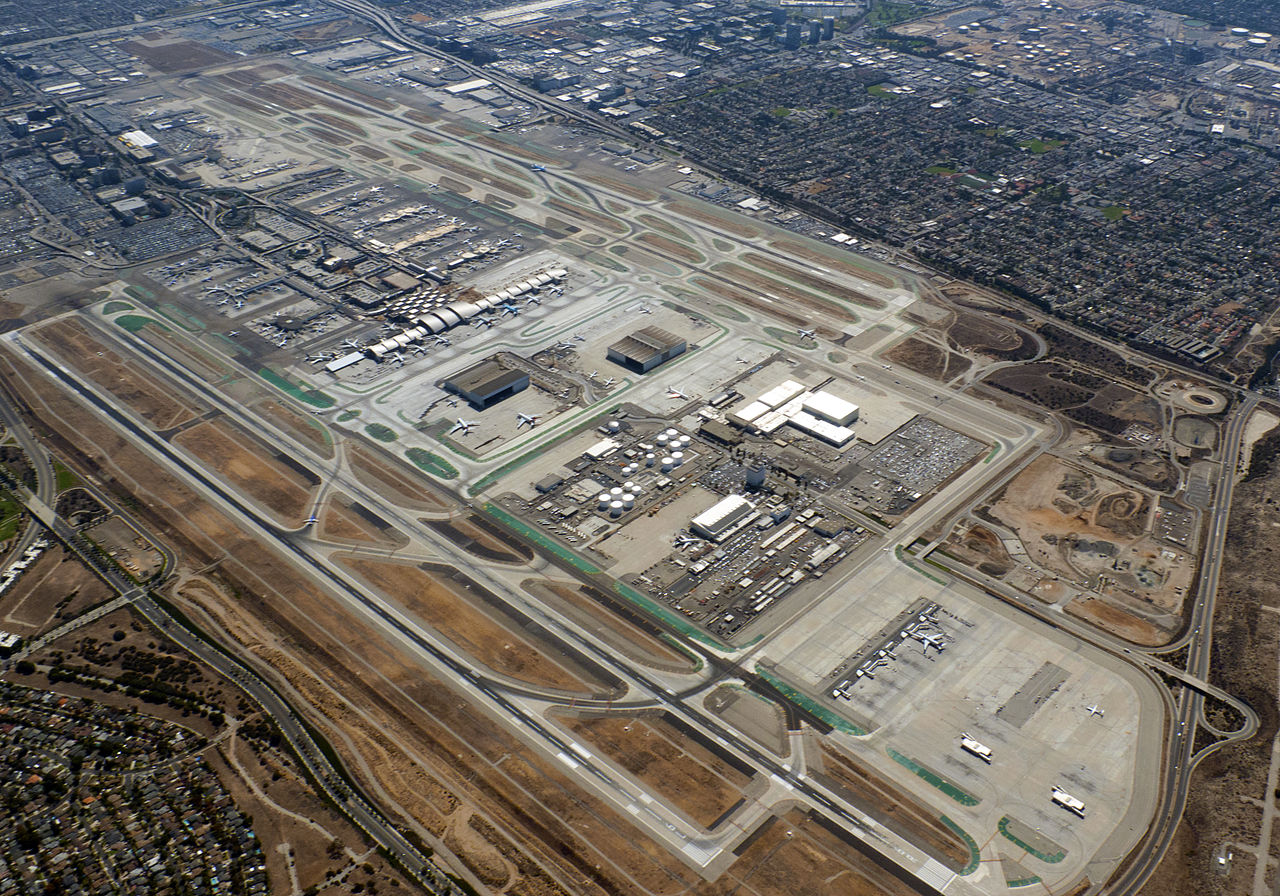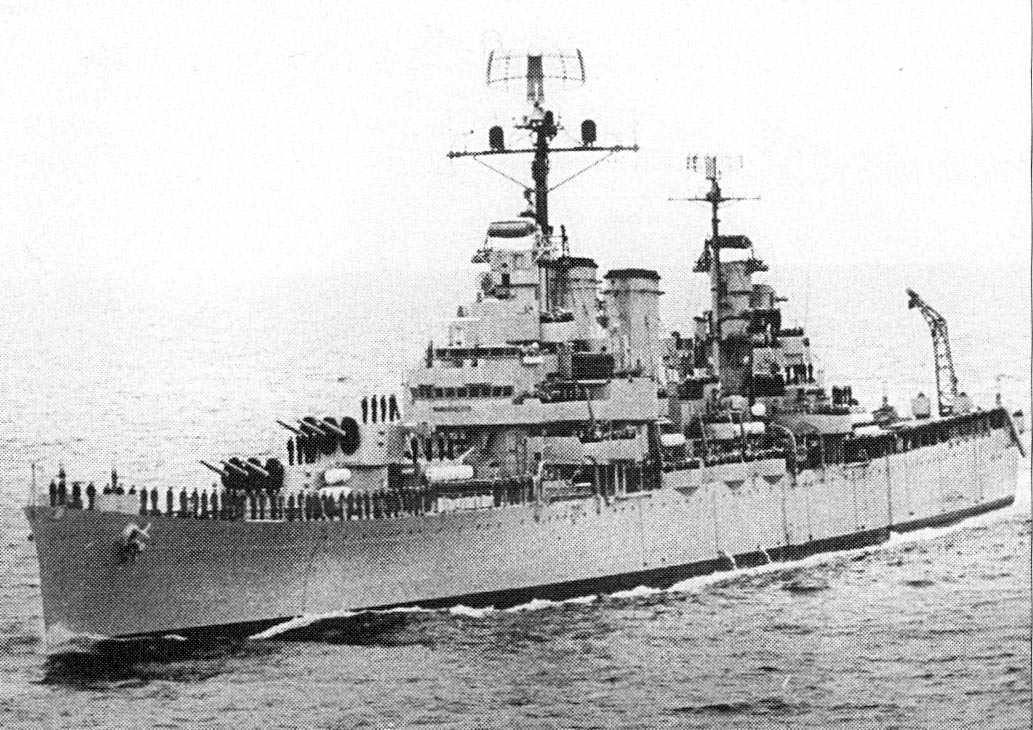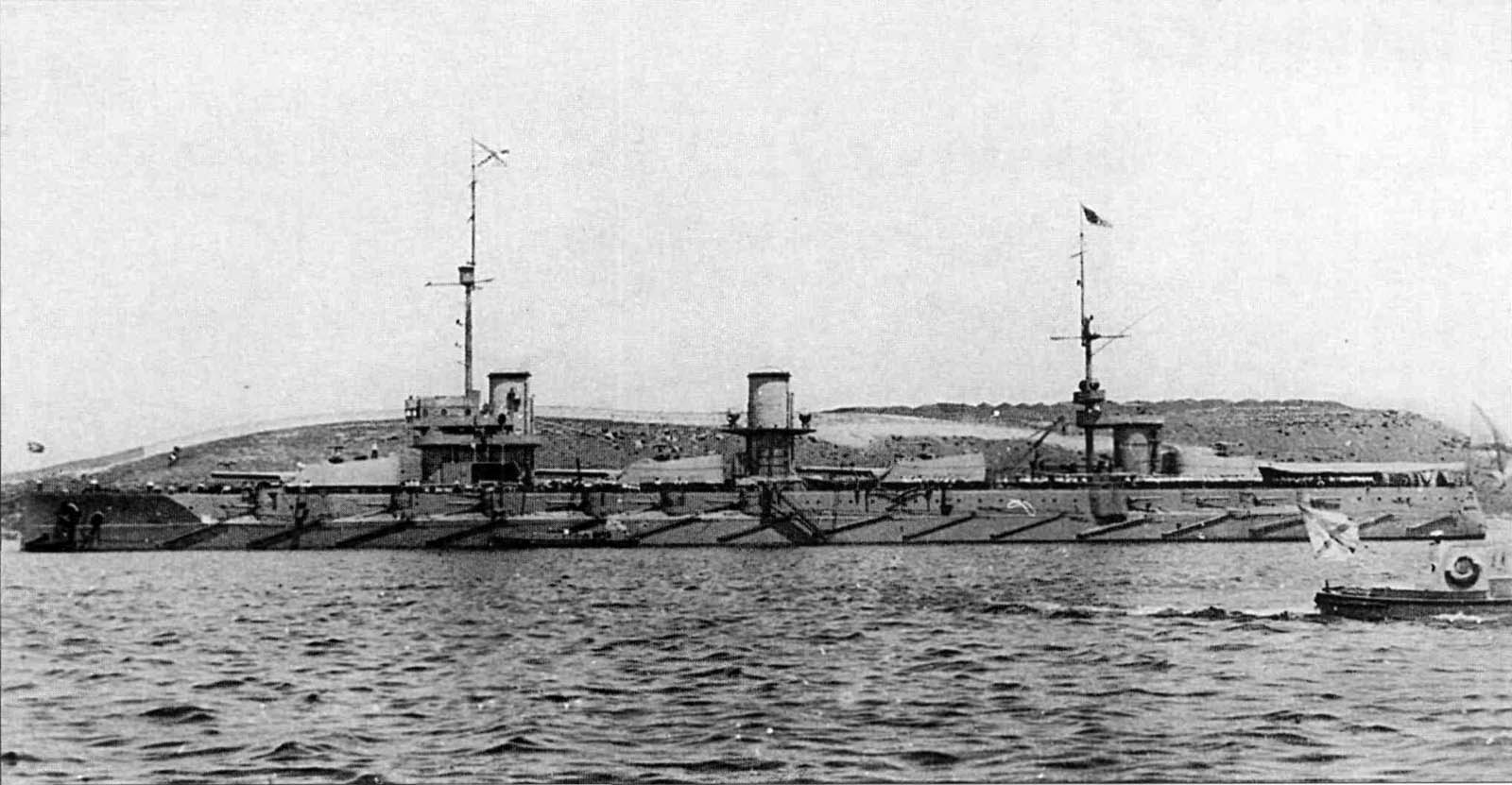A century ago, on the eleventh hour of the eleventh day of the eleventh month, the most destructive war history had ever seen came to an end.
For four years, Europe had torn itself apart. While popular memory is overwhelmingly dominated by the trenches and mud of the Western Front, the war was much wider than that. At sea, Britain and Germany battled to strangle each other, with Britain finally emerging victorious. Italy and Austria shed staggering quantities of blood in the Alps, in a war even more static than that in France, before Italy finally prevailed. In the east, Russia had collapsed a year earlier, after fighting a war in spaces too vast to allow the stalemate that had occurred in the west. In the Middle East, the British and French had finally defeated the Ottomans after a long and difficult campaign. They had taken the war to German colonies in Africa, Asia, and the Pacific, setting the stage for much of the Pacific War 30 years later.
1918 had been a tumultuous year. It had begun with great German victories, barely contained by the French and British, with the aid of the Americans now pouring into Europe. The three nations then went on the offensive, swiftly reclaiming the German gains and destroying their army. The writing was on the wall, and the Germans requested an armistice while the negotiations for a final peace took place.
The day a century ago when the war was brought to an end is commemorated as Armistice Day, Remembrance Day or Veterans Day. Approximately 10 million soldiers and 8 million civilians were killed between August of 1914 and November 1918, and millions more wounded. Remember them today.
And remember those who died later. The Allies never reached German soil, and many Germans believed that they had been betrayed instead of being defeated on the battlefield. Their desire for revenge would plunge Europe into another war 21 years later.






Recent Comments